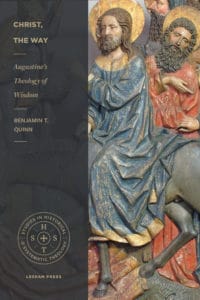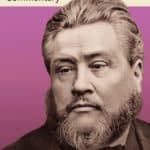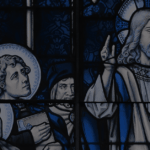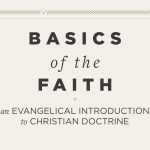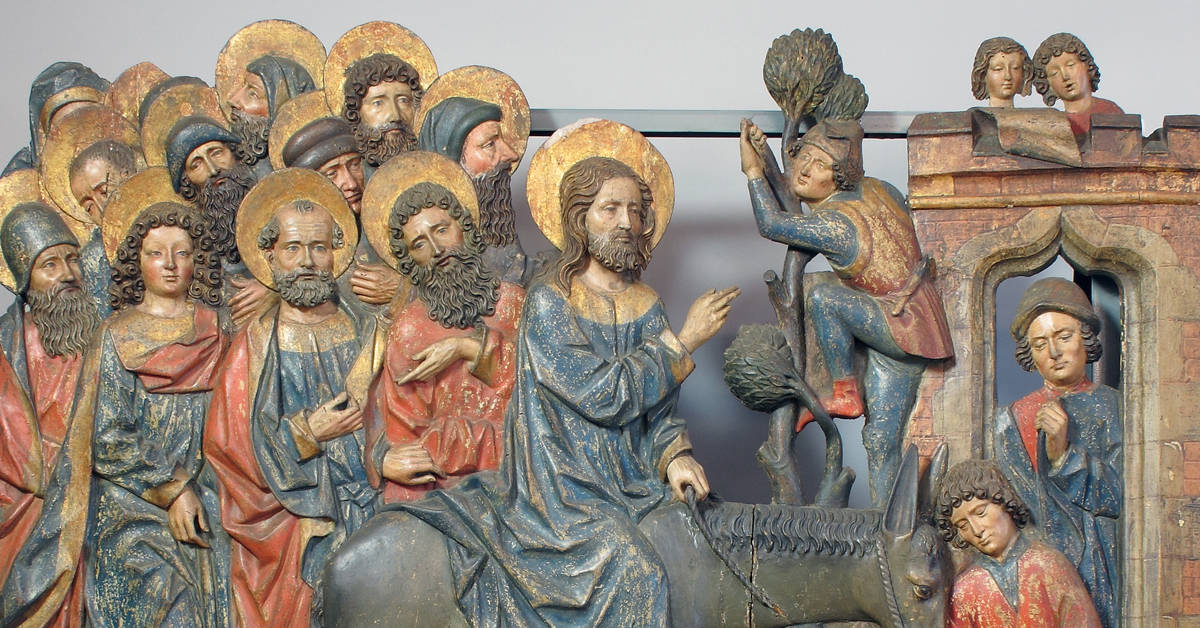
In this excerpt from Christ, the Way: Augustine’s Theology of Wisdom, Benjamin Quinn describes the Christological foundations of Augustine’s theology of wisdom.
What is wisdom, and what is its role in Augustine’s thought? These are the fundamental questions that drive this study. From Augustine’s own words in Confessions (Conf.) book 3, we learn that his encounter with wisdom (sapientia) in Cicero’s Hortensius marked a major turning point in his life, leading ultimately to his conversion to Christ and the Catholic faith. Augustine went on to become unquestionably the most dominant theologian in the West and arguably the most dominant theologian in all of Christian history. Over the course of his more than forty years of Christian life and ministry, sapientia remained lodged deep in his heart and mind, and in Augustine’s mature works, it occupied the very center of his thought as the person of Christ, the power and wisdom of God (1 Cor 1:24). Augustine’s theology may be viewed through the lens of many themes, but given the central role of Christological sapientia as “the principle of coherence in the doctrine of Augustine,” few promise greater clarity or yield more fruitful insight than that of wisdom.
If now you ask what wisdom is—our reason has also explained and developed this as far as was at present possible—the answer is that wisdom is nothing but the measure of the soul, that is, that through which the soul keeps its equilibrium so that it neither runs over into too much nor remains short of its fullness. It runs over into luxuries, despotism, pride, and other things of this kind, through which the souls of immoderate and miserable men believe they get joy and might. But it is narrowed down by meanness, fear, grief, passion, and many other things through which miserable men make acknowledgement of their misery.
—On the Happy Life 1.33
Wisdom As Christ
The Christological nature of sapientia is fundamental for Augustine. This is a connection that, while strong in his early writings, gains depth and clarity as Augustine matures in his understanding of, and familiarity with, both Scripture and Nicene orthodoxy. A critical juncture in Augustine’s sapiential development comes in the second Cassiciacum work, On the Happy Life 1.34, where for the first time Augustine clearly attaches sapientia to 1 Corinthians 1:24, a text that reverberates throughout Augustine’s corpus but is not mentioned by La Bonnardiére as a primary wisdom text. Augustine writes, “But what wisdom should be so called, if not the wisdom of God? We have also heard through divine authority that the Son of God is nothing but the wisdom of God, and the Son of God is truly God.” The overtones of Paul’s declaration of Christ as the “power of God and the wisdom of God” are loud and clear. The earlier quotation from Against the Academics 3.43 demonstrates that in his first Christian writing Augustine is already connecting Christ with sapientia, but the first undeniable link with 1 Corinthians 1:24, which subsequently surges in significance for Augustine, is found in On the Happy Life book 1.
Following this section in On the Happy Life, Augustine makes a second Christological connection that begins to give overall shape and direction to his doctrine of wisdom. We will call this connection wisdom as way. Paraphrasing John 14:6, Augustine argues that one will not reach his full modus (i.e., wisdom and happiness) until he has first recognized “the One through whom you are led into truth, the nature of the truth you enjoy, and the bond that connects you with the supreme measure.” In other words, Christ, the wisdom of God, not only serves as the personification of wisdom, but is also the means by which wisdom—the full measure—is attained and that which “connects” one with the “supreme measure” (summo modo). As Augustine prays in Solil. 1.3, “O God, who callest us back to the way [viam]; who leadest us to the gate; who grantest that it is opened to those who knock.” Thus, we note the “way” (via) and “connecting” (connectaris) language in relation to Christ developing in Augustine’s thought.
The person of Christ is undeniably the most integral component in Augustine’s overall notion and pursuit of sapientia. The link between Augustine’s Christology and his sapientiology is pronounced in the Cassiciacum writings but is not made frequently; and this is not surprising for two reasons. First, Augustine’s knowledge of Scripture in these early writings is underdeveloped to say the least. It is certain that Augustine had some familiarity with Christian Scripture from growing up under his mother’s influence, but how much familiarity he had is unknown. He demonstrates an acquaintance with John’s Gospel and at least portions of St. Paul in On the Happy Life and was likely also familiar with the Psalms. But the Scripture-saturated writings for which Augustine is loved and remembered are not common until after his “time off” in 391 following his unexpected ordination at Hippo. After a time of dedicating himself to studying Scripture, even earlier writings by Augustine like On True Religion reappear as On Faith and the Creed “ribbed” with the potency of Holy Writ. Second, it must be borne in mind that the purpose of Augustine’s Cassiciacum writings was primarily, though not exclusively, apologetic. In fact, the case might well be made that the apologetic employed in Cassiciacum was a thoroughgoing philosophical apologetic—that is, one that calls its hearers to “love wisdom.” In light of these considerations, then, the modicum of Christology in the Cassiciacum dialogues leaves readers leaning forward in anticipation of Augustine’s subsequent work.
This post is adapted from Christ, the Way: Augustine’s Theology of Wisdom by Benjamin T. Quinn (Lexham Press, 2022).
